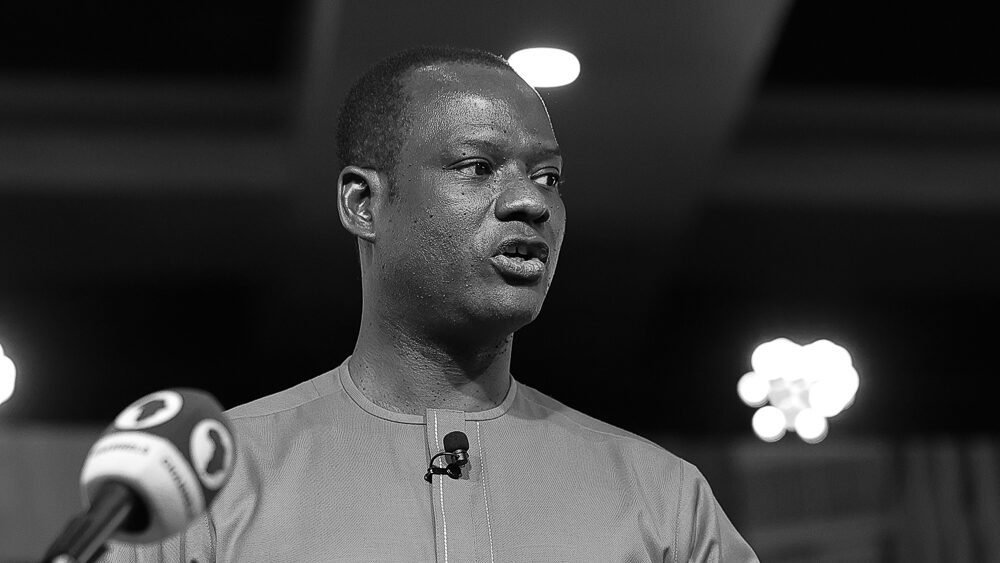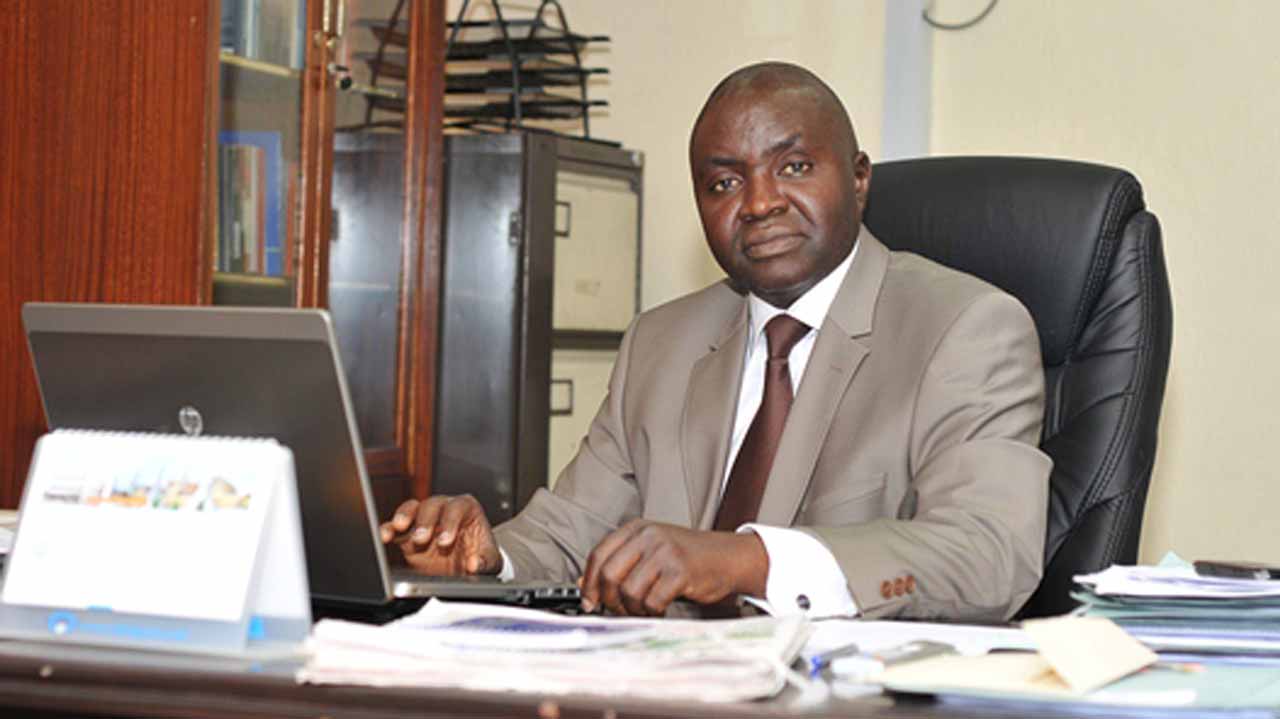A wireless message exclusively obtained by SaharaReporters on Friday shows the Chief Finance Officer (CFO) of the Makurdi Police Command issued the directive to police commands nationwide, requesting a wide range of personal and financial information of all police officers for the purpose of updating the National Housing Fund (NHF) individual contribution payment schedule. ArticlesRead More
Lagos CP Declared Me Wanted After Officers’ Inability To Execute Egbetokun’s “Shoot On Sight” Order In Oworonshoki – Sowore
SaharaReporters earlier reported that the CP declared Sowore wanted over what he described as “public disturbance” linked to protests against the illegal demolition of houses in Oworonshoki community, Lagos. ArticlesRead More





